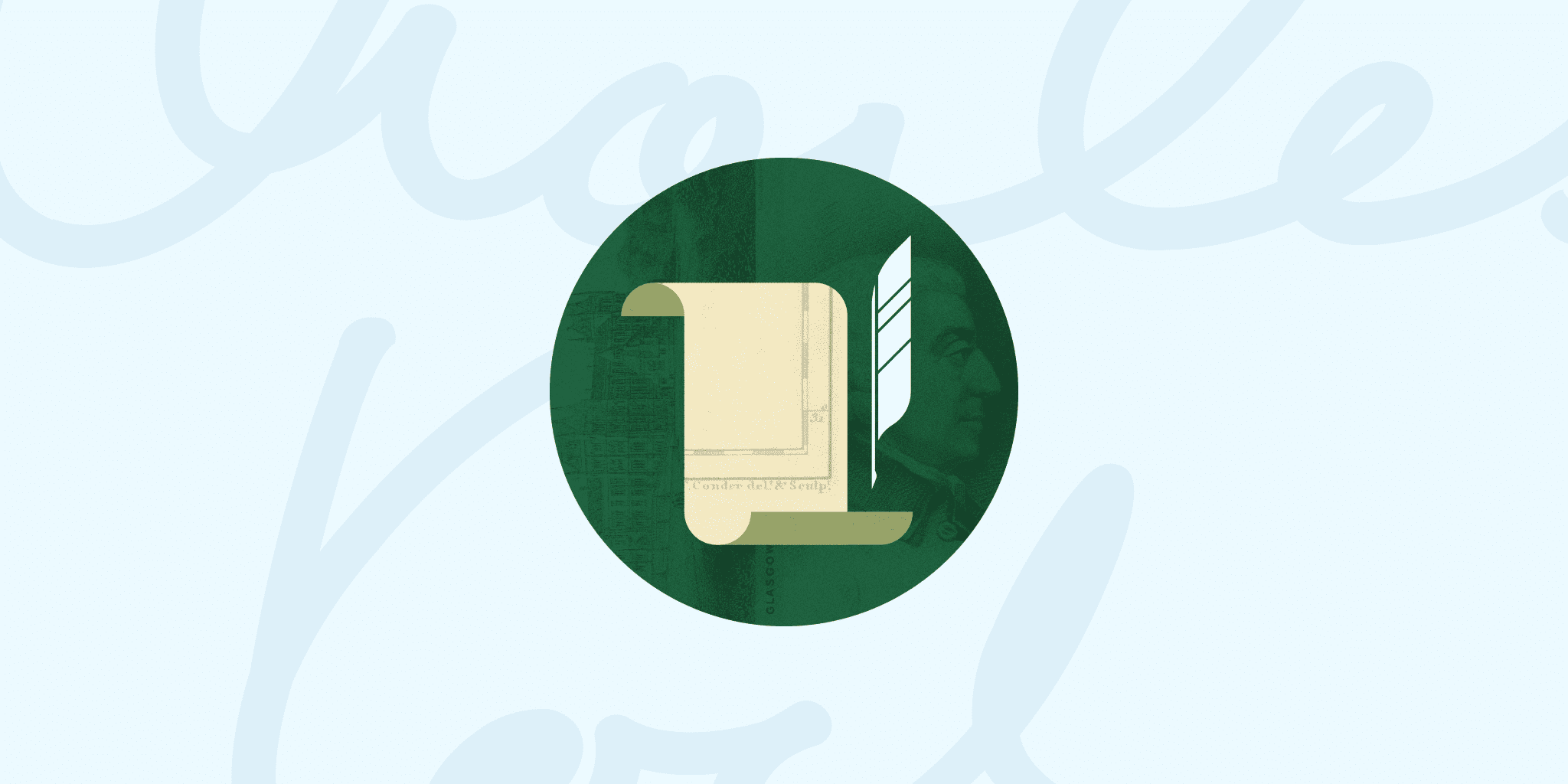Charles Koch Foundation Executive Director Ryan Stowers recently sat down with Institute for Humane Studies (IHS) President and CEO Emily Chamlee-Wright to discuss the state of openness in our world and on our campuses, and why openness is necessary to solve the world’s toughest challenges. This article is the third in a three-part series. Read the first two installments here and here.
STOWERS: CKF and IHS share a commitment to openness since we believe it is necessary to advance and refine solutions that could address the world’s challenges. Generally, what is the state of openness in our society today?
CHAMLEE-WRIGHT: As a society, we’re at a crossroads. When you look at the histories of the early 20th century and, in particular, the rise of fascism in Europe and how those ideologies rippled through U.S. politics and culture, the same question keeps racing through my mind: what will be our 21st century story? Will it be one where we took a decisive turn toward greater freedom, prosperity, and pluralism? Or will it be a story of decay, a descent into tyranny, economic collapse, and violence?
I know there’s a lot of hyperbole out there, but given the state of the world, I pose these alternatives as a serious question. We see illiberalism in politics and culture. We see naked disregard for the institutions and norms of a self-governing people. We see public policy that makes no apology for cronyism. It is far from clear that our story will end well because, in general, fewer people believe we can address our own challenges through peaceful and voluntary means.
Still, even with all of that turmoil, I am optimistic.
STOWERS: Really? You have painted a bit of a dire picture. Please tell me why you’re optimistic.
CHAMLEE-WRIGHT: Of course. These challenges are complex, and the answers are not obvious. We need freedom-oriented solutions and we need them now. The good news is that compared to 1961 when IHS was founded, the community of scholars applying the principles of a free and open society has grown significantly. I’m excited to keep building an intellectual community around the challenges we face — not because we think we’ve got all the answers, but because we’ve got a robust community of scholars who are eagerly seeking solutions that build upon the principles that have driven human progress for the past 250 years.
And one of the things I admire most about this community is that the scholars within it know they need one another to do their best work. That also leaves me feeling optimistic.
STOWERS: We hear a lot about campus threats to the open exchange of ideas. It can be easy to lose hope, but you and I have talked about these threats and agree we seem to be at an inflection point. Can you explain?
CHAMLEE-WRIGHT: Sure, but first I want to say that those who are concerned about academic freedom have good reason to worry and I don’t discount the challenges we’re still seeing. I do, however, think that the tide is beginning to turn. Again, I point to the IHS community as my reason for optimism.
The scholars who come together to share and develop their ideas, collaborate, and challenge one another come from nearly 1,200 different institutions. They represent 22 different disciplines, and because of their research expertise, they often see our present challenges from very different vantage points. But across all this difference, they’re still drawn together by a common commitment to the open exchange of ideas. And they’re drawn to it not just because it accelerates intellectual progress, which it does, but because there is a genuine joy that comes from mutual discovery. The fact that scholars are so eager to experience that joy gives me hope. And that’s what we’re doing at IHS is creating a space where that joyful process of mutual discovery can unfold again and again.
STOWERS: You have created a rather large enclave of openness, but is that spreading?
CHAMLEE-WRIGHT: Yes, I think so, especially within higher education itself. Across the ideological spectrum, we are seeing a genuine concern about the state of the academy. And more scholars are speaking up to defend academic freedom, even when it’s uncomfortable for them to do so. Again, I don’t mean to suggest we should not be concerned. I simply mean there are many people in a position to make a difference on their campuses, and are recognizing it’s important for them to do so.
STOWERS: The country is polarized right now. It’s not just that people disagree with one another. It’s that they see their ideological opponents as their enemies. Can you tell us about the work IHS is doing to address the deepening divides we’re seeing in the United States?
CHAMLEE-WRIGHT: Tackling this challenge will require a diverse set of strategies across civil society. We’re contributing to that effort by supporting evidence-based research that identifies bottom-up solutions to rebuilding social trust. We then work with scholars to help ensure that these solutions inform policy and public debate.
For example, Kevin Vallier, a professor of philosophy at Bowling Green State University, explores the challenges surrounding social trust and seeks solutions for depolarization that build upon and fortify liberal democratic principles. IHS has supported Kevin in this work and new research he’s pursuing in collaboration with the Center for Social Norms and Behavioral Dynamics at the University of Pennsylvania, which is run by fellow IHS alum Cristina Bicchieri. We’re especially excited about this project because it’s through intellectual partnerships like this where good ideas get developed and then shared with a broader community of thought leaders. That’s how we’re going to make progress on a tough challenge like polarization.








